Garden of Eden Exposed: Unveiling the Deeper Truths Behind Adam and Eve’s Choice
The Garden of Eden Exposed reveals the intricate layers of the story of Adam and Eve, challenging the conventional narrative of disobedience. By delving deeper, we uncover the subtle yet profound truths about human nature, free will, and the essence of our choices.
The Real Story of the Garden of Eden
Many perceive the Garden of Eden as merely a backdrop for Adam and Eve’s disobedience. However, the true narrative unfolds much deeper than that. It is a story steeped in love, choice, and the natural order of creation. Think of the Garden, not just a location; it was a state of being, a perfect communion between humanity and God.
Understanding this relationship is crucial. Adam and Eve were not just the first humans; they were the first to experience the fullness of God’s creation. They lived in a world untouched by sin, where every interaction was grounded in love and purpose.
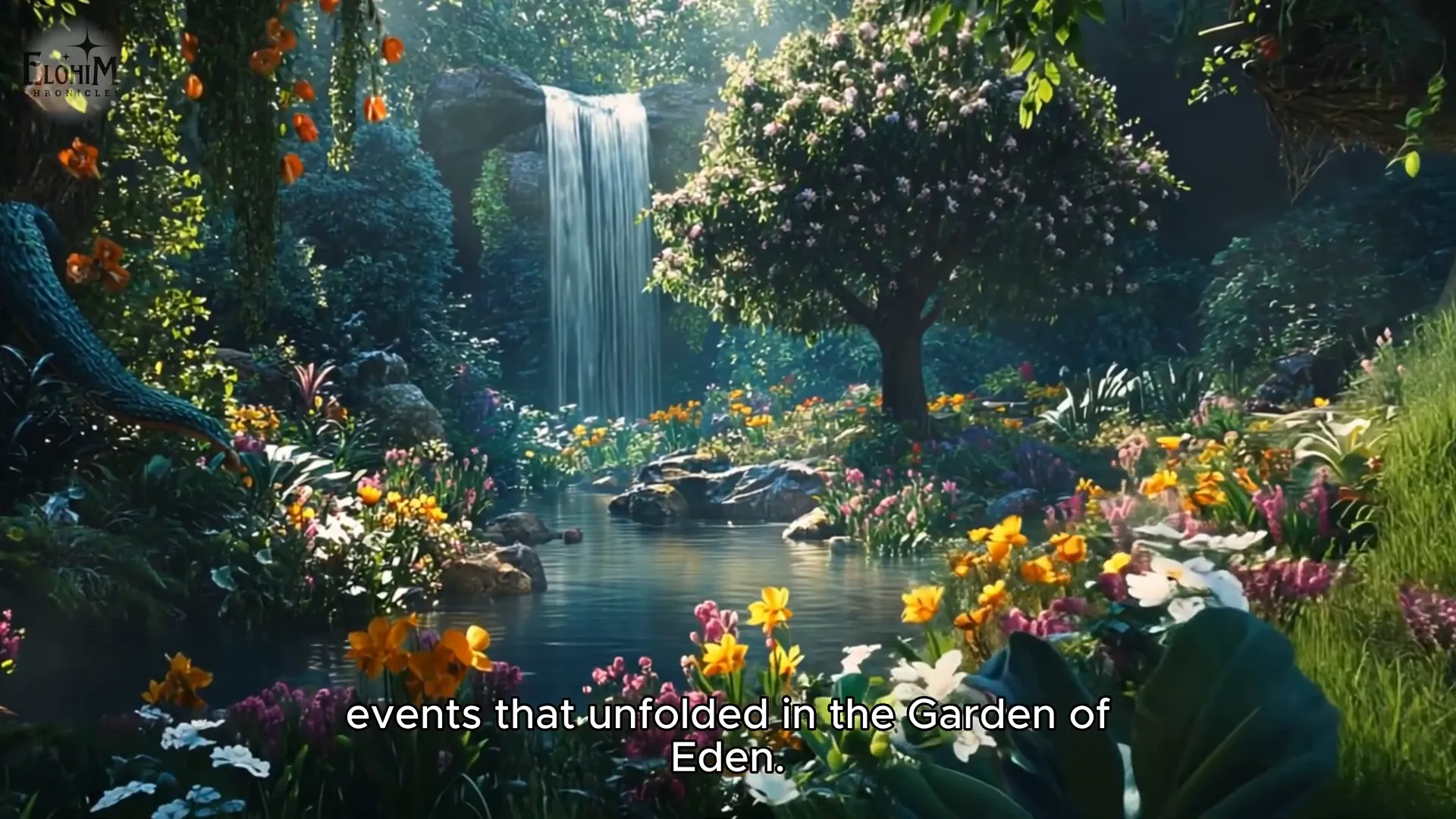
This perfect world was a testament to God’s character—good, loving, and just. The narrative of the Garden of Eden invites us to reflect on the nature of our choices and the consequences they carry.
God’s Perfect Creation
God’s creation of the world, as depicted in Genesis, was intentional and flawless. Everything, from the vast oceans to the smallest creatures, was created with purpose. The Garden of Eden stood as the pinnacle of this creation, a sanctuary where God walked with His creation.
In this environment of abundance, there was no lack. Adam and Eve were surrounded by beauty and provision. They had everything they needed, yet they were given the gift of free will. This gift allowed them to choose to engage with God or turn away from Him.
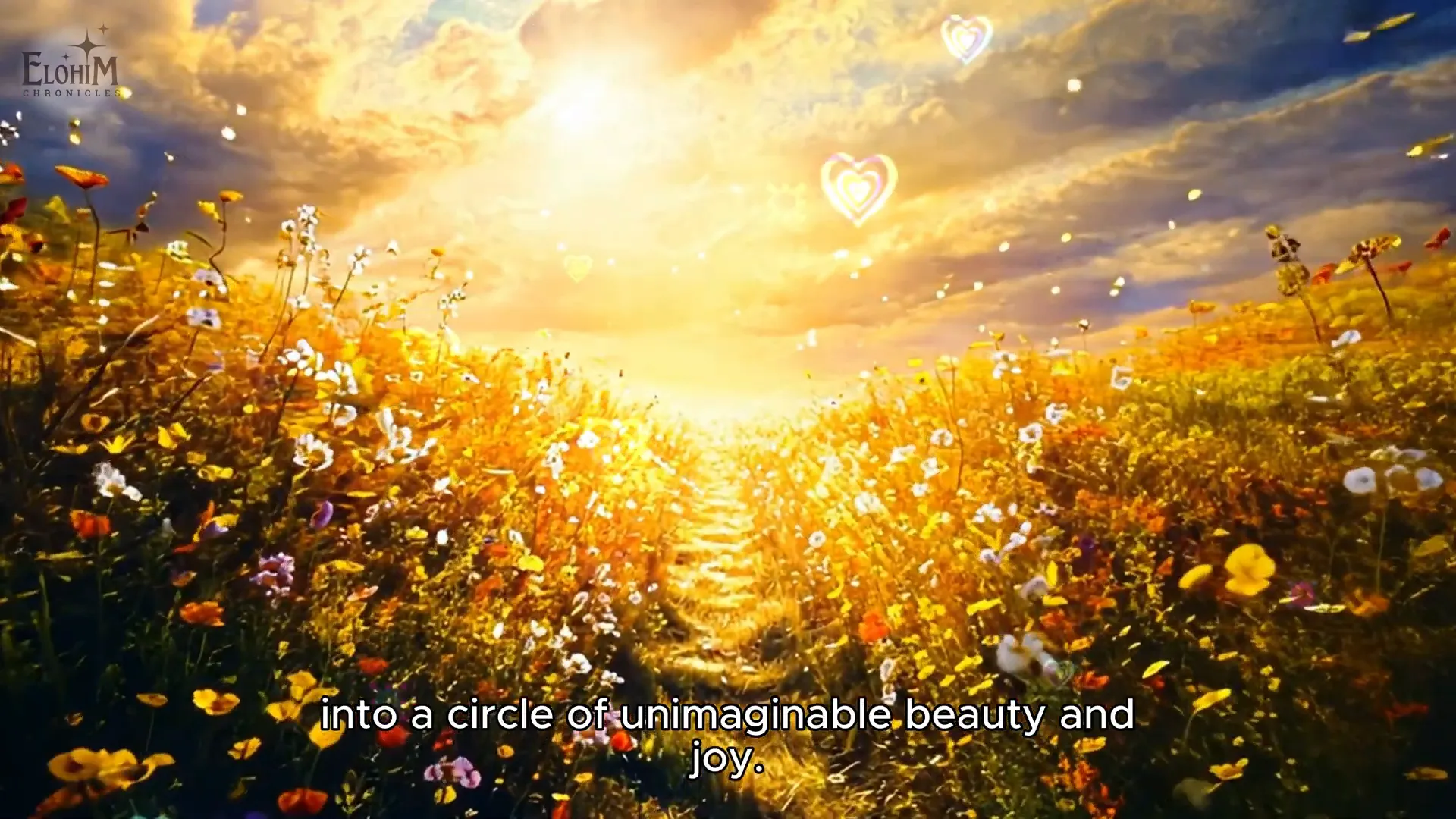
Adam and Eve: Created in God’s Image
Adam and Eve were unique among God’s creations. They were made in His image, designed for relationship and intimacy with their Creator. This divine reflection bestowed upon them dignity and purpose. They were not mere creations but cherished beings, equipped with reason, emotion, and the ability to love.
This image-bearing quality set them apart. They had the capacity to think, choose, and create, reflecting the nature of God Himself. Their existence was intertwined with divine purpose, and they were called to steward the earth, nurturing creation as God would.
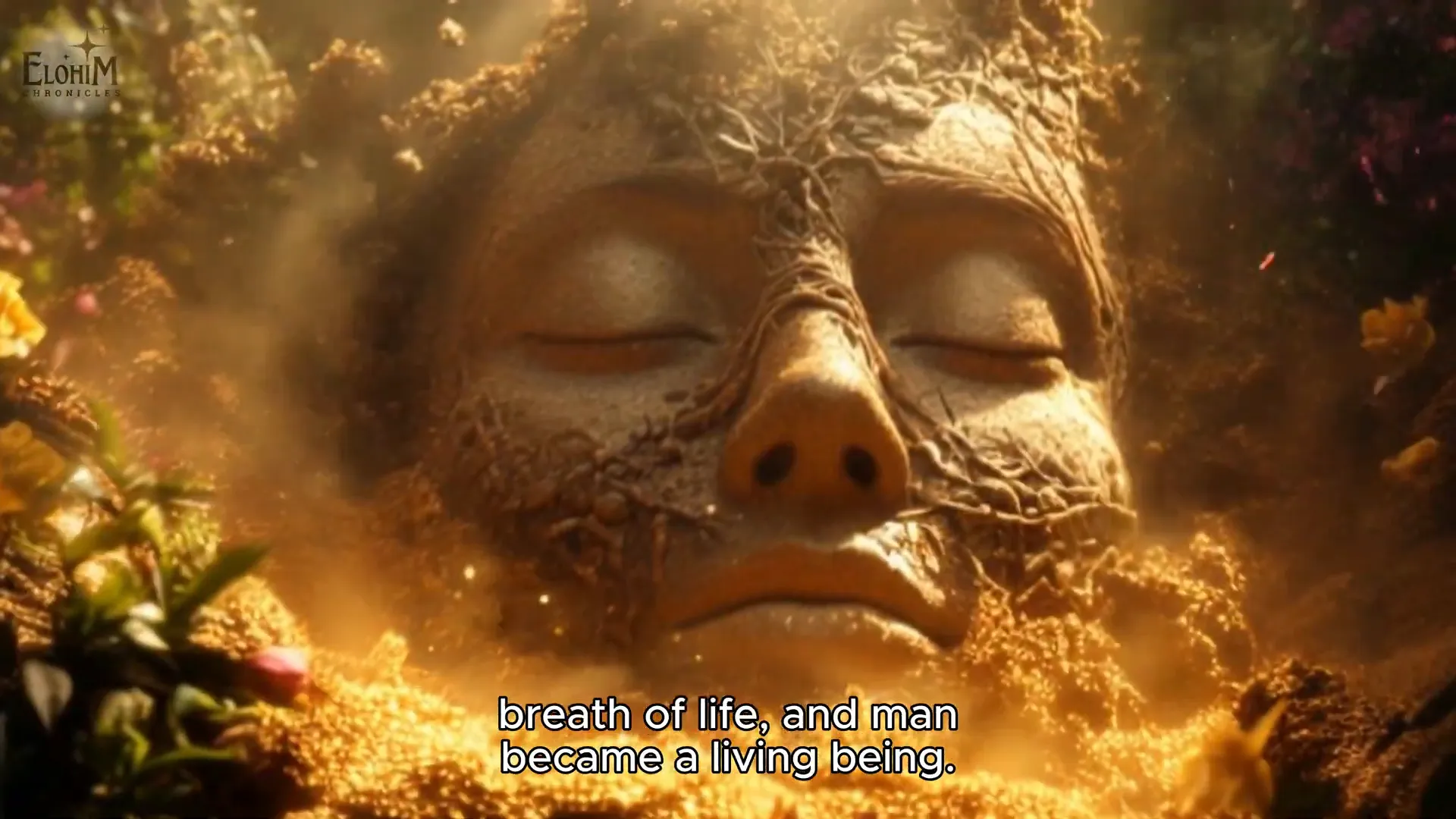
The Purpose of the Garden
The Garden was created as a haven for Adam and Eve, a place where they could flourish. It was not merely a physical location but a relational space designed for communion with God. In this paradise, they were free to explore, cultivate, and enjoy the abundance of God’s creation.
The purpose of the Garden extended beyond mere enjoyment. It was a space for growth and learning, where Adam and Eve could experience God’s provision and guidance. Their interactions with the environment and each other were meant to reflect their relationship with God—a dynamic of trust, love, and obedience.
Freedom to Choose: The Key to Genuine Relationship
At the heart of the Garden of Eden narrative is the concept of free will. God desired a relationship with humanity that was genuine and not forced. For love to be real, the choice to love must exist. Adam and Eve had the freedom to choose obedience or disobedience, a freedom that made their relationship with God meaningful.
This freedom was crucial. God did not create robots programmed to obey; He created beings with the capacity for choice. This choice allowed for a genuine connection, one that involved trust and faith in God’s goodness.

The Temptation: The Role of the Serpent
The introduction of the serpent into the Garden marks a pivotal moment in the narrative. The serpent, a cunning creature, embodied doubt and deception. Its presence was not merely a test but a challenge to the very nature of Adam and Eve’s relationship with God.
By questioning God’s word, the serpent sowed seeds of doubt in Eve’s mind. It presented a distorted view of reality, suggesting that disobedience could lead to enlightenment. This temptation was not just about eating a fruit; it was about challenging God’s authority and goodness.

Ultimately, the choice Adam and Eve faced was profound. Would they trust God’s word and authority, or would they succumb to the allure of independence? This moment of temptation encapsulates the struggle of every human heart—the desire to be in control versus the call to trust in God.
Eve’s Judgment: The Sin of Disregarding God’s Word
Eve’s choice in the Garden of Eden serves as a profound lesson for us today. Her fundamental error was judging God’s word and placing her reasoning above divine authority. This act of judgment was not merely a mistake; it was a declaration of independence from God’s will.
When she evaluated the fruit, she saw it as good for food and desirable for gaining wisdom. In doing so, Eve assumed a position of authority over God’s command, believing she could determine what was best for herself. This act of self-elevation is at the heart of the struggle that continues to plague humanity.

The Consequences of Her Decision
The consequences of Eve’s judgment were catastrophic. By choosing to disregard God’s word, she opened the door to sin and suffering. This choice not only affected her but also Adam and their descendants.
Her decision illustrates the ripple effect of our choices. When we choose to act independently of God’s guidance, we invite chaos into our lives. This narrative reminds us that disregarding divine wisdom leads to a path of destruction.
The Second Adam: Jesus’ Temptation
In stark contrast to Eve’s choice stands Jesus, referred to as the Second Adam. He faced temptation in the wilderness, a harsh environment far removed from the paradise of Eden. Unlike Eve, who succumbed to the serpent’s lies, Jesus remained steadfast in His trust in God’s word.
Throughout His trials, Jesus demonstrated unwavering obedience. He did not question God’s goodness or authority. Instead, He relied on Scripture to combat temptation. This model of faithfulness serves as an example for us in our daily struggles.
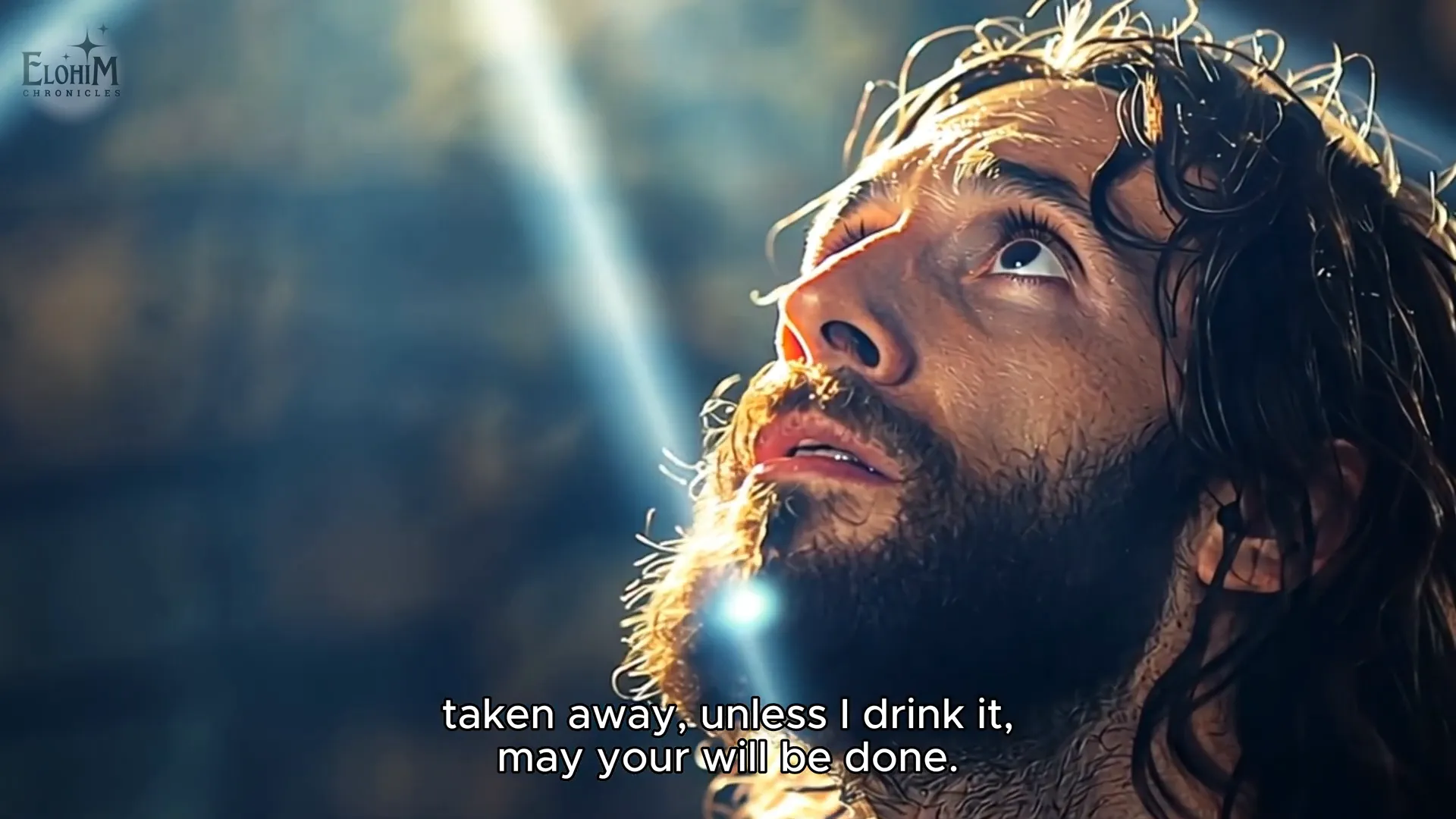
Overcoming Temptation
Jesus’ response to temptation highlights the power of God’s word. He quoted Scripture to counter the devil’s lies, reinforcing the importance of knowing and trusting God’s promises. In doing so, He showcased the strength found in divine truth.
This narrative invites us to reflect on our own responses to temptation. Are we quick to rely on our understanding, or do we turn to God’s word for guidance? Jesus teaches us that faithfulness in the face of temptation is possible when we trust in God’s wisdom.
Questions of Authority: Our Daily Struggles
Each day, we face questions of authority that echo the struggles of Adam and Eve. We are continually presented with choices that challenge our trust in God. The desire for autonomy often tempts us to rely on our reasoning rather than divine instruction.
Consider the moments when we justify our actions, believing we know better than God’s commands. Whether it’s in relationships, finances, or moral decisions, the temptation to act independently is ever-present.

Recognising the Temptation
Recognising this temptation is crucial. We must be vigilant against the subtle ways it manifests in our hearts. The enemy continues to whisper doubts, encouraging us to place our judgment above God’s word.
When faced with decisions, we must ask ourselves: Are we trusting in God’s wisdom, or are we leaning on our understanding? This self-reflection is essential for maintaining a genuine relationship with our Creator.
The Importance of Trusting God’s Word
Trusting God’s word is foundational to our faith. It is through Scripture that we encounter God’s promises and guidance. Just as Jesus relied on God’s word during His temptation, we too must anchor ourselves in truth.
When we face challenges, turning to Scripture provides comfort and clarity. God’s word is not merely a set of rules; it is a living guide that directs our paths and shapes our hearts.
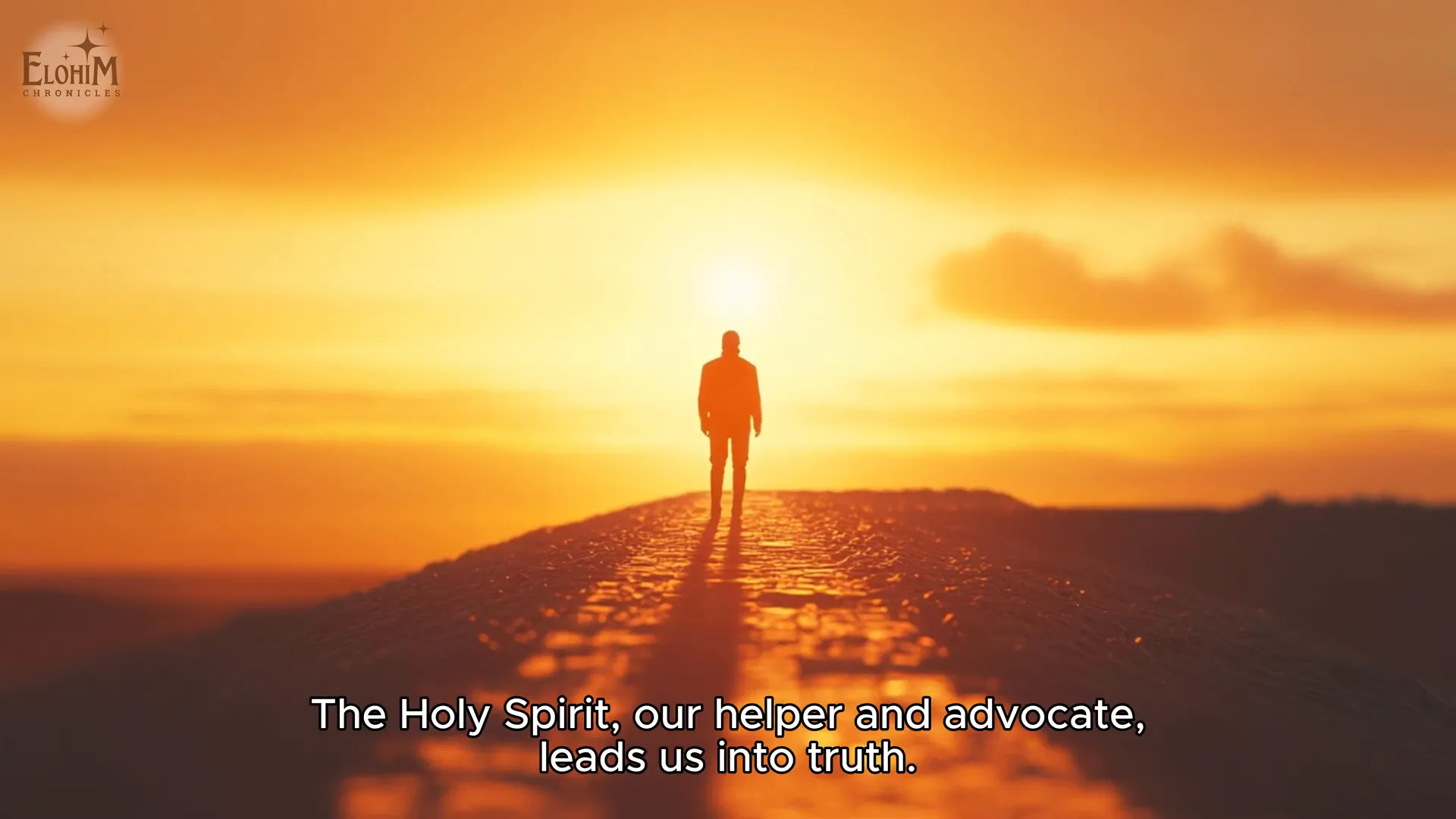
Building a Trusting Relationship
Building a trusting relationship with God involves consistent engagement with His word. Regular prayer and study of Scripture deepen our understanding and reliance on His promises. As we grow in faith, we become better equipped to face life’s challenges.
Trusting God means surrendering our desire for control. It invites us to acknowledge His authority and wisdom, leading to a more fulfilling relationship with our Creator.
Exploring the Mysteries of Eden
The Garden of Eden is rich with lessons that extend beyond its narrative. It invites us to explore the deeper mysteries of human nature, free will, and the essence of good and evil. Each element of the story holds significance, revealing truths about our relationship with God.
As we delve into these mysteries, we uncover the complexities of our choices and their consequences. The story of Eden challenges us to confront our tendencies to judge God’s word and invites us to embrace a life of obedience.
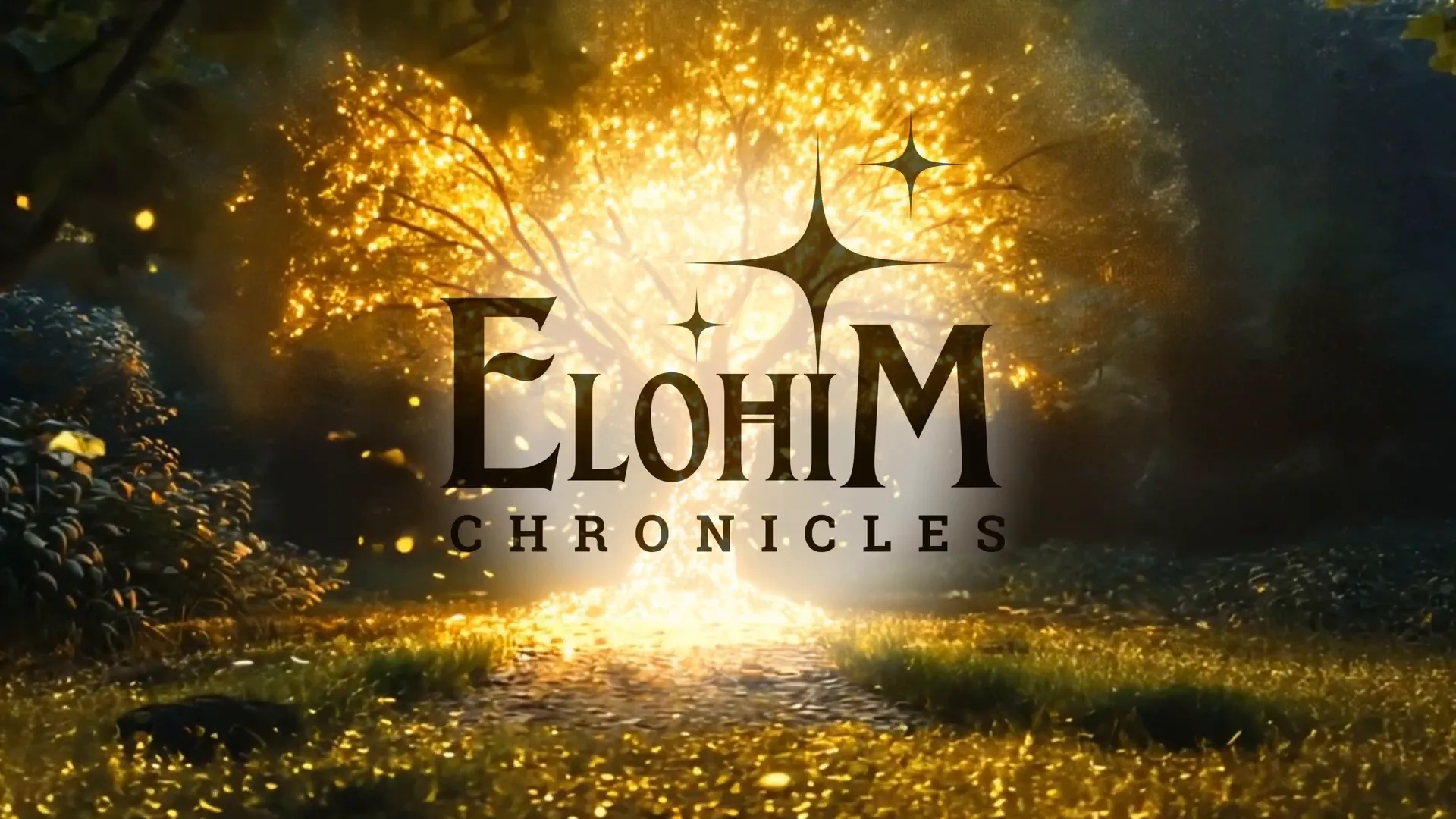
Unveiling Hidden Truths
What hidden truths lie within the story of Eden? Each layer reveals insights into God’s character and our nature. The narrative encourages us to seek understanding and wisdom through prayer and reflection.
In exploring these mysteries, we find hope and redemption. The journey through the Garden of Eden exposes our struggles while guiding us toward a deeper relationship with God.
FAQ: Common Questions About the Garden of Eden
What was the significance of the Garden of Eden?
The Garden of Eden represents a perfect communion between humanity and God. It serves as a model for the intended relationship between Creator and creation.
Why was the tree of the knowledge of good and evil placed in the Garden?
The tree symbolised the choice of obedience or disobedience. It provided Adam and Eve the opportunity to exercise their free will, essential for a genuine relationship with God.
How does the story of Adam and Eve relate to our lives today?
The story serves as a reminder of the importance of trusting God’s word and the consequences of our choices. It challenges us to reflect on our relationship with authority and the nature of our decisions.
What can we learn from Jesus’ temptation in the wilderness?
Jesus’ response to temptation teaches us the importance of relying on God’s word. It reminds us that faithfulness is possible when we trust in divine wisdom rather than our understanding.
How can we apply the lessons from Eden in our daily lives?
We can apply these lessons by actively seeking God’s guidance in our decisions, reflecting on our choices, and striving to trust in His wisdom. Engaging with Scripture and prayer will strengthen our relationship with God.



